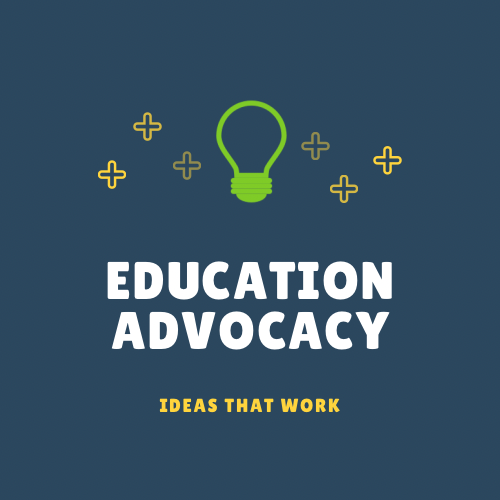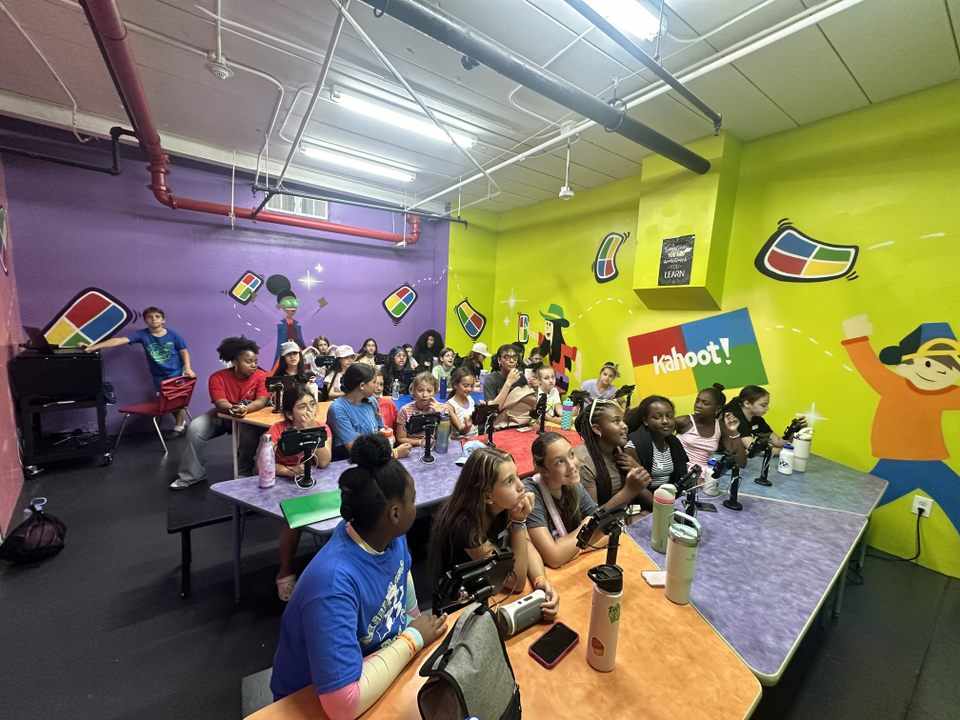
Navigating the education system can be overwhelming for many parents and guardians. From understanding Individualized Education Programs (IEPs) to addressing school disciplinary issues or securing the right accommodations, the complexities can feel daunting. This is where educational advocacy services play a crucial role. These services, provided by skilled professionals known as educational advocates, help families ensure that students receive the support and resources they need to succeed academically and personally.
In this article, we will explore the various challenges that can be addressed through educational advocacy services and how partnering with a trusted organization like Kelli Haas and Associates can make a meaningful difference in a student’s educational journey.
Understanding Educational Advocacy Services
Educational advocacy services are specialized services aimed at supporting families and students in navigating the often-complex education system. Educational advocates work as liaisons between families, schools, and other institutions, ensuring that students’ rights are protected and that they receive the appropriate educational opportunities.
An educational advocate can help in numerous areas, including special education, school discipline, access to extracurricular activities, and academic planning. Their goal is to empower families with knowledge, resources, and strategies to advocate effectively for their child’s needs.
Common Problems Addressed by Educational Advocacy Services
1. Special Education Support
One of the primary areas where educational advocacy services are invaluable is in the realm of special education. Many families struggle to navigate the complexities of the Individuals with Disabilities Education Act (IDEA) or understand what services their child is entitled to under federal and state law.
An educational advocate can:
Help parents understand their child’s rights under IDEA.
Assist in the development and implementation of Individualized Education Programs (IEPs).
Ensure that the school provides necessary accommodations, modifications, and related services.
Mediate conflicts between families and schools regarding special education services.
By addressing these issues, educational advocacy services ensure that children with disabilities have equitable access to education and opportunities to thrive academically.
2. Academic Challenges
Not every academic struggle stems from a disability. Some students face challenges due to gaps in learning, learning style mismatches, or inadequate support at school. Educational advocates can identify underlying issues and work with educators to develop solutions, such as:
Customized learning plans tailored to the student’s strengths and weaknesses.
Recommendations for tutoring or supplemental educational services.
Collaboration with teachers to implement classroom strategies that improve learning outcomes.
Through these interventions, students can receive the individualized attention they need to reach their full potential.
3. Behavioral and Disciplinary Issues
Schools often face challenges when addressing behavioral problems, and parents may feel unsure about how to advocate for their child in these situations. An educational advocate can provide guidance by:
Reviewing disciplinary procedures to ensure they comply with legal and educational standards.
Advocating for fair treatment during school disciplinary hearings.
Helping schools implement behavior intervention plans that focus on positive reinforcement rather than punitive measures.
These services help prevent unnecessary or excessive disciplinary actions that could negatively impact a child’s academic record and overall well-being.
4. Access to Appropriate Resources
Some students may struggle simply because they lack access to necessary educational resources, such as assistive technology, counseling services, or advanced coursework. Educational advocacy services can:
Identify resources available within the school or community.
Facilitate the implementation of accommodations and supports.
Connect families to external programs and services that enhance educational opportunities.
By ensuring access to essential resources, educational advocates help create a more equitable and supportive learning environment.

5. Transition Planning
As students progress through their education, transitioning from one grade level to another, or from high school to college or vocational programs, can be challenging. Educational advocates assist with:
College and career readiness planning.
Vocational and life skills development for students with disabilities.
Coordination between schools and post-secondary institutions to ensure a smooth transition.
These efforts help students move confidently into the next stage of their educational or professional journey, equipped with the skills and support they need.
6. Communication Gaps Between Families and Schools
A common problem many parents face is difficulty communicating effectively with school staff. Misunderstandings, lack of clarity, or differing expectations can create frustration for both parents and educators. An educational advocate can:
Serve as a neutral mediator between parents and school personnel.
Facilitate productive meetings and discussions regarding the student’s needs.
Ensure that parents’ concerns are heard and addressed appropriately.
By bridging the communication gap, educational advocates foster collaboration and understanding, leading to better outcomes for students.
7. Navigating Legal and Policy Challenges
Sometimes, educational challenges involve complex legal or policy issues. Parents may encounter situations where they need clarification about their child’s rights, school obligations, or state and federal regulations. An educational advocate can:
Provide guidance on legal rights and responsibilities.
Help parents understand educational policies and procedures.
Support families in advocating for accommodations, services, or interventions when necessary.
This aspect of educational advocacy services is crucial in ensuring that families are not navigating these challenges alone.
Why Families Should Consider Educational Advocacy Services
Families often assume that schools will automatically provide all necessary supports and services. However, the reality is that the educational system can be complex, and without guidance, students may not receive the full range of supports available to them.
Working with an educational advocate ensures that families are empowered with knowledge, strategies, and tools to:
Protect their child’s rights.
Maximize their educational opportunities.
Reduce stress and uncertainty when dealing with challenging situations.
Educational advocacy services provide peace of mind and actionable solutions, giving parents confidence that they are making informed decisions in their child’s best interest.
Partnering with Experts Like Kelli Haas and Associates
Organizations like Kelli Haas and Associates provide professional educational advocacy services designed to meet the unique needs of each family. With experienced advocates on their team, they help families address a wide range of educational challenges, from special education to academic support, behavioral interventions, and beyond. By partnering with a trusted advocate, families gain a dedicated ally who navigates the system alongside them, ensuring their child’s success.
Conclusion
The educational journey is full of opportunities but can also present significant challenges. Whether it’s navigating special education services, addressing behavioral issues, accessing resources, or planning for future transitions, educational advocacy services play a critical role in supporting families and students. By working with an educational advocate, parents can ensure that their children receive the support, guidance, and opportunities they deserve.
For families seeking guidance, partnering with experts like Kelli Haas and Associates can make a meaningful difference. With professional advocacy, students can overcome obstacles, achieve their goals, and thrive in their educational environment.
In the end, educational advocacy services are not just about resolving problems—they’re about empowering families and students to succeed in a system that is often complex and challenging. With the right support, every child can have the opportunity to reach their full potential.









Write a comment ...